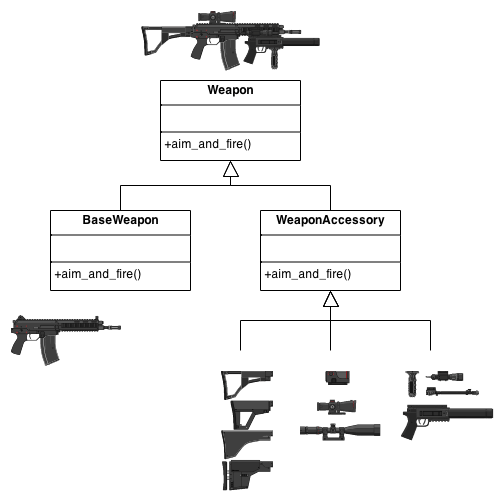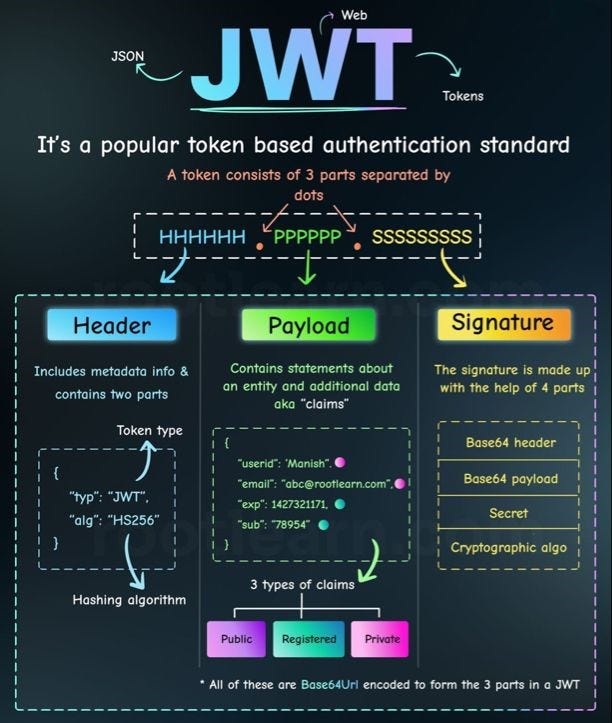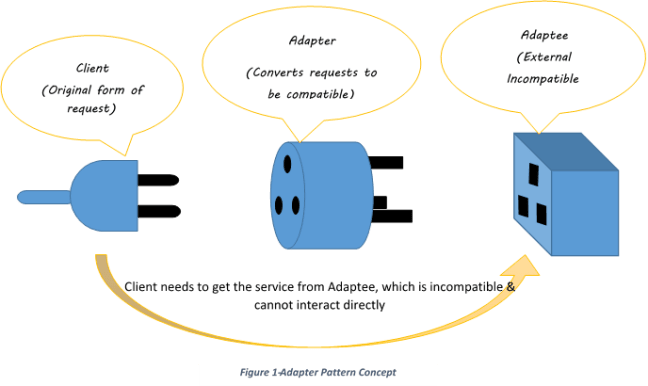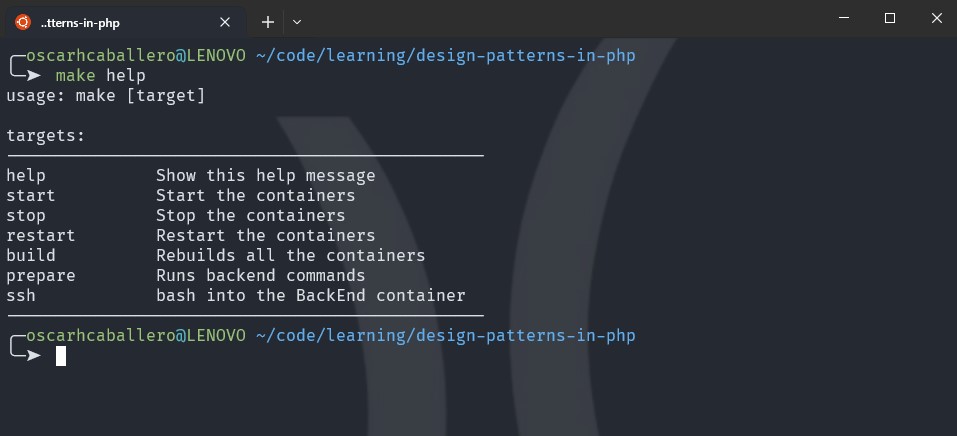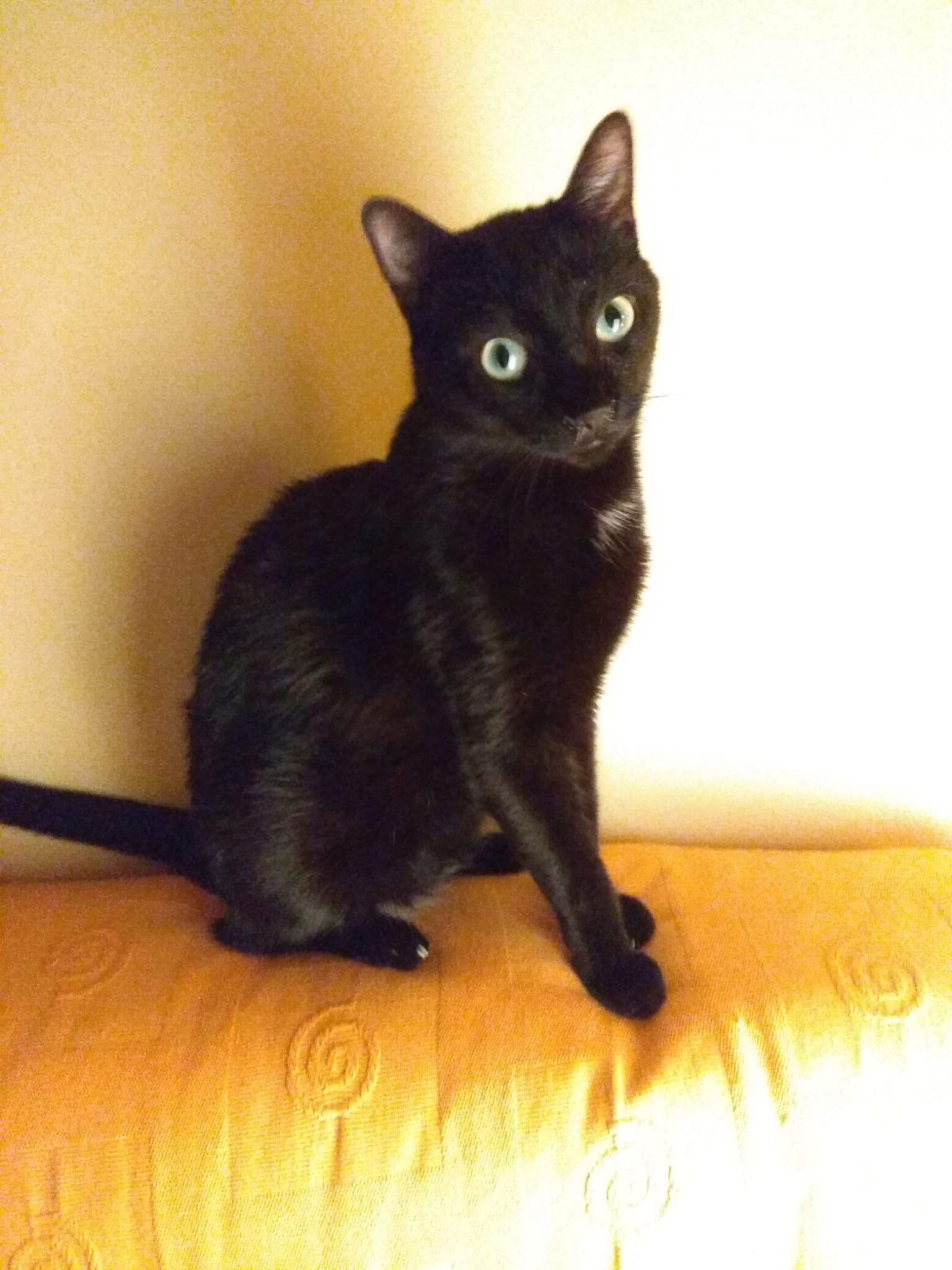Five Spaniards after the hunting hominid
The team particularly recalls the difficulties of the first expeditions, especially [1] that of ‘94. The characteristics of the dig made them try and set up camp to the North of Lake Natron...

Richard Vaughan ESCUCHALO AQUI
The team particularly recalls the difficulties of the first expeditions, especially [1] that of ‘94. The characteristics of the dig made them try and set up camp to the North of Lake Natron, but at the time the Somali warlords controlled the movement of people in that area. They decided not to take any risks [2] and put up their tents some distance to the South. This fact forced them to spend around six hours travelling everyday. Some years later, they had to hire a unit of the Tasmanian army for similar security reasons. They didn´t have to use the soldiers against any enemy fighter, though their Tommy machine guns, Chicago 1930´s style, came in handy [3] to kill a wildebeest when their food ran out. Dominguez has been able to form a like-minded, committed team. Their objective: to look closely at the origins of our forefathers the hominids.
- Vaughan´s explanation
[1] "Especially" (especialmente). En inglés hay pocas palabras que empiezan por "esp". Ésta es una de ellas. Pero escuchando a la mayoría de los españoles, uno podría pensar que hay muchos vocablos de este tipo. No me canso de repetir que empezamos a pronunciar palabras como "Spain" y "spectacular" siseando y no con el sonido "e". [2] "They decided not to take any risks" (decidieron no correr riesgos). Un ejemplo del infinitivo negativo. Siempre es igual: "not to" seguido del verbo. Os proponemos unos ejemplos: "I asked her not to say anything" (le pedí que no dijera nada), "I warned them not to eat that" (les avisé de que no comieran eso), "He told us not to go there" (nos dijo que no fuéramos allí). [3] "Came in handy". Una bonita expresión para decir que algo resulta útil. "A mobile comes in really handy when travelling" (un móvil resulta muy útil en los viajes). En este ejemplo también podríamos decir "is very useful".
Traducción inversa
LEVEL 1
¿De dónde son ellos?
Where are they from?
Somos de Estados Unidos.
We´re from the States.
Somos tus amigos.
We´re your friends.
No somos de Gran Bretaña.
We aren´t from Great Britain.
Estamos listos.
We´re ready.
Esas manzanas son verdes.
Those apples are green.
Los documentos están listos.
The documents are ready.
Los precios son diferentes.
The prices are different.
Sus ojos (de ella) son azules.
Her eyes are blue.
Tus problemas no son importantes.
Your problems aren´t important.
LEVEL 2
¿Cuánto tardaste en aprender tu trabajo?
How long did it take you to learn your job?
¿Me estás hablando a mí?
Are you talking to me?
Creí que hablabas contigo mismo.
I thought you were talking to yourself.
No sé dónde están.
I don´t know where they are.
Entrégalo lo antes posible.
Deliver it as soon as possible.
¿Dónde has estado?
Where have you been?
¿Dónde estuviste anoche?
Where were you last night?
¿Dónde estás ahora?
Where are you now?
¿Dónde estarás a las 10 de esta noche?
Where will you be at 10:00 tonight?
¿Dónde estarías ahora sin mí?
Where would you be now without me?
LEVEL 3
Tenemos que casar nuestros recursos con vuestras necesidades.
We have to match our resources with your needs.
Ensaya tu discurso todas las veces que puedas.
Rehearse your speech as many times as you can.
Ponte delante de un espejo.
Stand in front of a mirror.
He venido para pedir un anticipo.
I´ve come to ask for an advance.
Eres un pesado.
You´re a pain in the neck.
Este celo es muy pegajoso.
This tape is very sticky.
Pasó su niñez en un orfanato.
He spent his childhood in an orphanage.
¿Quién es el encargado aquí?
Who´s in charge here?
Ésta es mi última advertencia. No te acerques a mi novia.
This is my last warning. Don´t go near my girlfriend.
Averigua lo que puedas.
Find out what you can.
fuente: http://www.elmundo.es/suplementos/magazine/2006/354/1152529048.html
Temas relacionados:
También te puede interesar
Opiniones de este contenido
Esta web se reserva el derecho de suprimir, por cualquier razón y sin previo aviso, cualquier contenido generado en los espacios de participación en caso de que los mensajes incluyan insultos, mensajes racistas, sexistas... Tampoco se permitirán los ataques personales ni los comentarios que insistan en boicotear la labor informativa de la web, ni todos aquellos mensajes no relacionados con la noticia que se esté comentando. De no respetarse estas mínimas normas de participación este medio se verá obligado a prescindir de este foro, lamentándolo sinceramente por todos cuantos intervienen y hacen en todo momento un uso absolutamente cívico y respetuoso de la libertad de expresión.
No hay opiniones. Sé el primero en escribir.
Depuración con Xdebug desde VSCode de código PHP en proyecto ReactJS
Cómo instalar Xdebug en XAMPP para depurar PHP en Visual Studio Code
El impacto de la inteligencia artificial en las artes y la creatividad humana.




